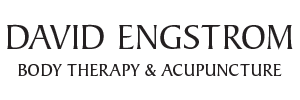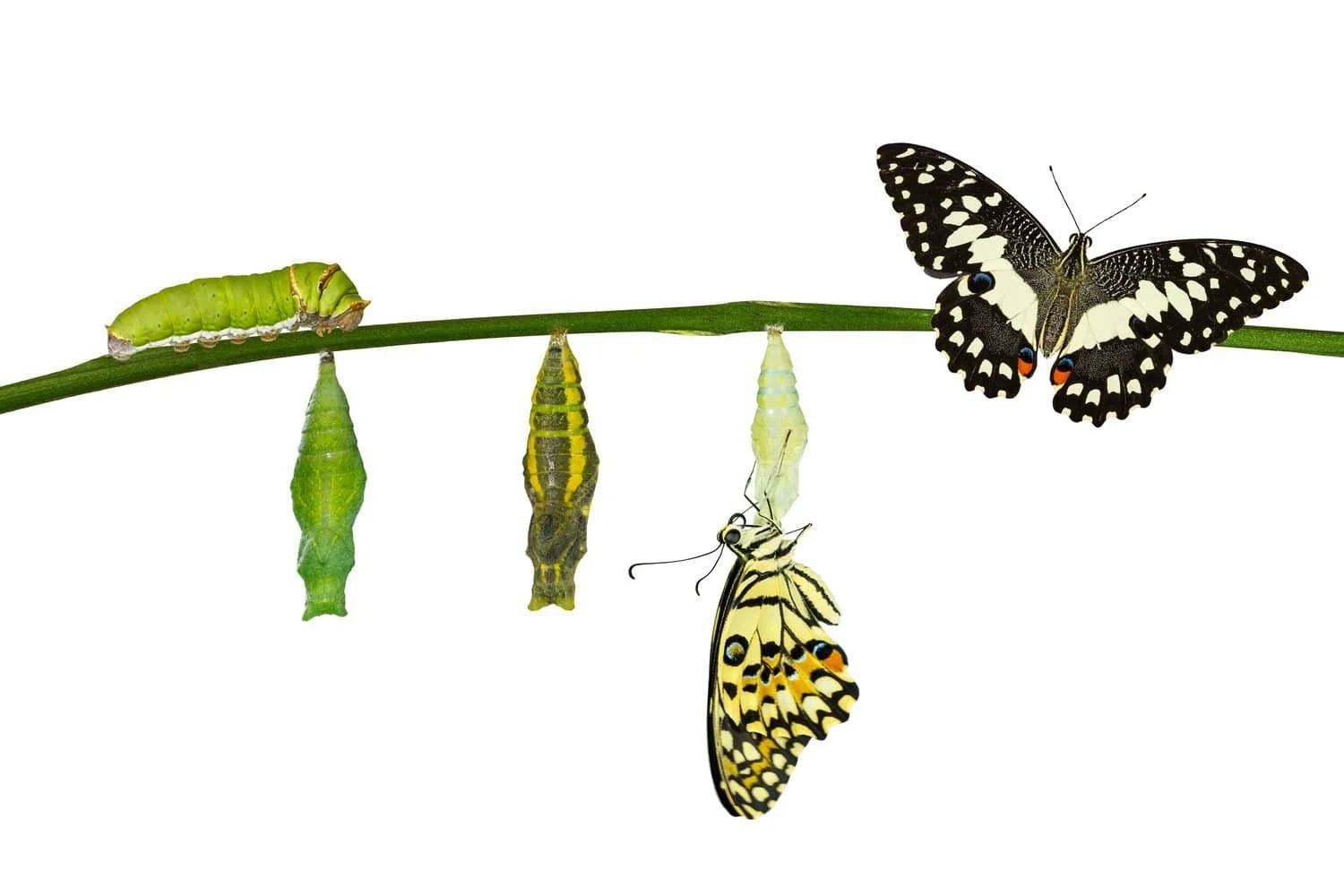Acupuncture, Yingyang, and Change
Throughout its history, Chinese medicine, including acupuncture, tui na, herbal medicine, and qi gong, has been a wellspring of ideas, theories, and truly amazing perspectives, born out of necessity. The Ming dynasty (1368–1644) scholar Zhang Jiebin said that “Medicine and the Changes have the same source.” The changes he was referring to are those described in the “I Ching,” a book which reflects the underpinnings of not only Chinese culture but of health itself: Yin and Yang, or more appropriately Yinyang.
Understanding Yinyang
Yin and Yang have often been portrayed as opposites; male/female, sun/moon, hot/cold, and so forth. But that’s not exactly accurate. It’s more like something is more warm or more cool than something else. Is it more masculine or more feminine? Yinyang is more like a system of measuring degreesof quality. Applying the principles to ourselves or to our daily lives is like asking whether or not I feel more energetic or less energetic. Do I feel warmer or slightly chilled?
Change and Medicine
Things don’t typically happen just out of nowhere. Even if we don’t know about it, can’t see it, or, maybe, aren’t directly involved, there’s something happening. It begins with a thought, then intent, and then action-reaction-action. Somewhere, eventually, a pause or rest and possibly more action-reaction.
So, how might we apply the ideas of change to medicine for our 21st century lives? What are our common “dis-eases”? What do they stem from? With certainty I can tell you that most things are generated by our lifestyle choices.
Simple Remedies for Common Problems
Combatting Fatigue
For fatigue, try going to bed a little earlier. Not just for one night, make it a habit! You might be getting enough sleep hour-wise (quantity), but maybe you’re too tired by the time you get to bed and your rhythm is off.
Improving Digestion
For non-optimal digestion, you will need to put on your detective cap. Before jumping on the gluten-free bandwagon (or any other extreme approach), start by cleaning up your fueling habits and partake in an elimination diet. Get all the processed and packaged food out of your system, get clean, and then reintroduce suspect foods back in one at a time and avoid the obvious no-no’s! Consider adding fermented foods such as Kiefer to your breakfast and kimchi or sauerkraut to your lunch or dinner Think about healthy beverages such as Japanese Genmai-cha tea after a meal to aid in digestion.
Addressing Stiffness
Feeling like a tin man or tin woman? For feelings of stiffness or feeling older than you really are, get up and move. Hours in front of your keyboard or your steering wheel haven’t helped you much. (And your clutch isn’t helping your left hip either!) Simple daily movement and mobility work such as a 20 minute walk and 10 minutes of mobility to start would be appropriate. Mobility can be added to your day at anytime whether sitting or standing.
Managing Stress
For general stress and feelings of being overwhelmed (my number one complaint), the first thing I recommend is to learn to breathe from your lower abdomen. Go take a meditation class, in person and not online. This is an excellent front line approach to regulating the autonomic nervous system! Minimize the content you’re inputting to your brain: less news and less internet time. (Don’t worry, you won’t miss much as you think!) And you can’t go wrong getting an acupuncture or bodywork treatment!
Conclusion
Keep in mind that a product or prescription probably won’t be what rescues you. You’ll rescue yourself by creating change in your daily life and your personal habits. My suggestions are general and you may very well need some assistance. Schedule time on my table for acupuncture and bodywork, and I can assist you in achieving the changes you desire. Make change your Go To medicine!

